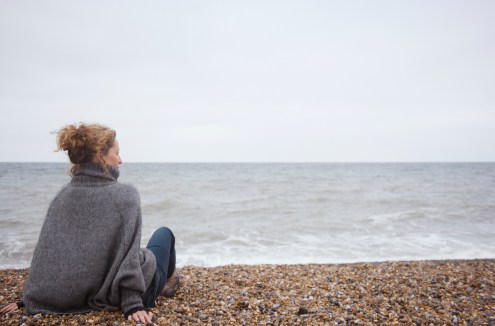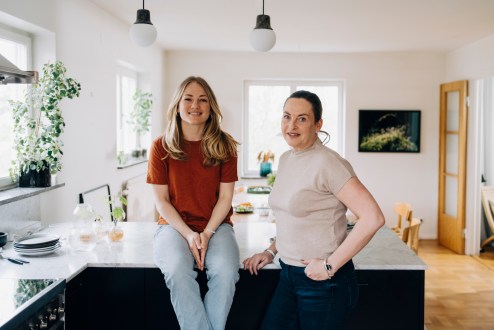A wake-up call on how we think about tiredness
Eminé Ali Rushton teams up with Grace Belgravia for a holistic approach to health and happiness in our Balancer series

My stock response to the question, ‘how are you?’ has become ‘good, happy, but tired.’
It’s the truth, but it’s also doing me a disservice. I am almost certain that I’ve started to look more tired since continually saying I am tired… or maybe it’s my age catching up with me. What if, perhaps, I woke up (knackered), but convinced myself that I was brimming with energy, strong, vital, powerful? Would my body and face follow suit?
Mindfulness coach Mike Newall (see below), believes they would. My new approach to sleep, rest and tiredness has changed as a result of this shift in thinking. I assume I won’t get a great night’s sleep, but if the babies decide to slumber peacefully, it’s a lovely surprise and one that I am ever thankful for.
When tiredness deepens, knowing that my body will be depleted of omega 3, B-vitamins, iron, magnesium and vitamin C (commonly low when sleep-deprived or stressed), I ensure I top up these deficiencies and that my diet supports me as well as it can.
The wonderfully straightforward Grace nutritionist Gabriela Peacock believes the only way we can keep our energy levels stable and optimal is to eat a combination of protein and complex carbohydrate at every meal, and every three hours (three meals, two snacks).
So often, the ‘issue’ in our life is the thing that gets most air-time in our minds, but by shifting the power to the positive stuff – yes, I’m tired and that feels horrible but I’m also lucky to have X, Y and Z, and enjoy A, B and C – can be the key to taking back some control and having a psychological wake-up call. Even if it is at 2am, then 3am, then 4am…
Follow Eminé on Instagram and Twitter @eminealirushton. Follow Grace Belgravia on Instagram and Twitter @gracebelgravia
Is tiredness in the mind?
‘The powerful but simple technique of meditation, requiring only 10 minutes twice a day, changes our brain plasticity sufficiently to allow us to see the way the mind makes us dance to the demands of our daily lives. Once this is apparent, we
can react accordingly. Mindfulness is about rapidly accessing the “now” in our lives, which adapts our brains and stops them wandering. When our brains become focused and under our control, life gets easier.
'Once we delve into how the mind’s processes affect our lives, through logic and enquiry, we find a very different personality. Understanding these processes enables us to redirect the habitual actions and reactions of thought and emotion into an efficient, more enjoyable existence. Tiredness, along with other unwanted physical sensations, loses its potency and life becomes comfortable and relaxed – just “a walk in the park”.’
Mike Newall, Zen Buddhist and mindfulness coach, runs mindfulness courses at Grace Belgravia. See gracebelgravia.com
Photograph: Corbis








